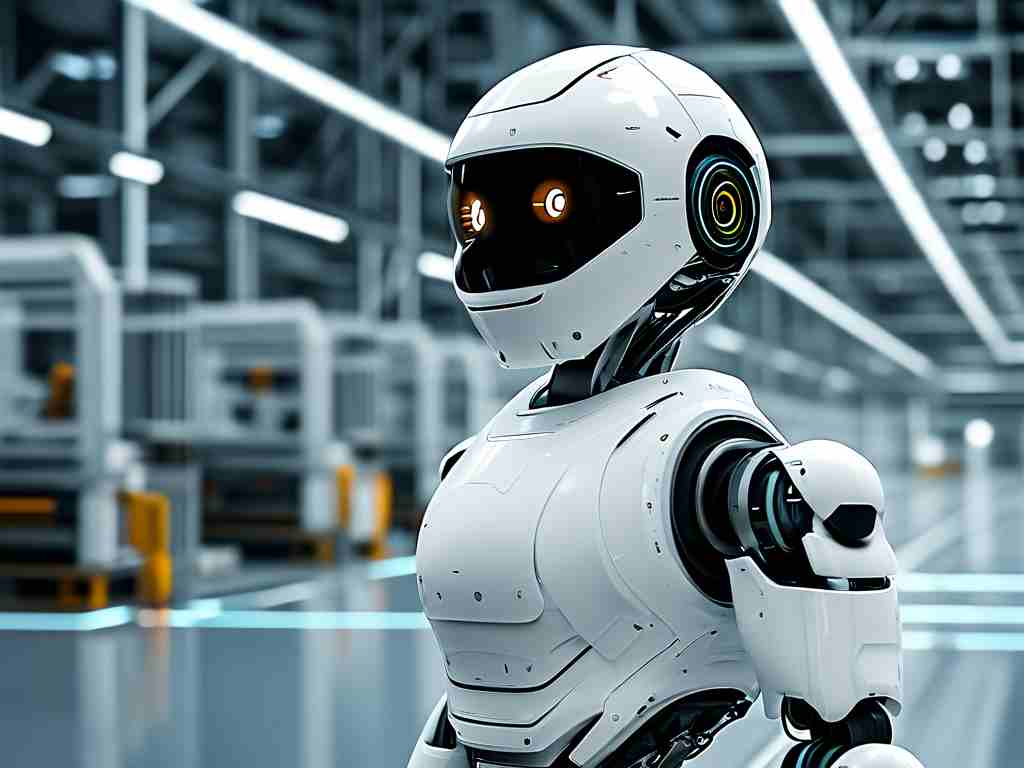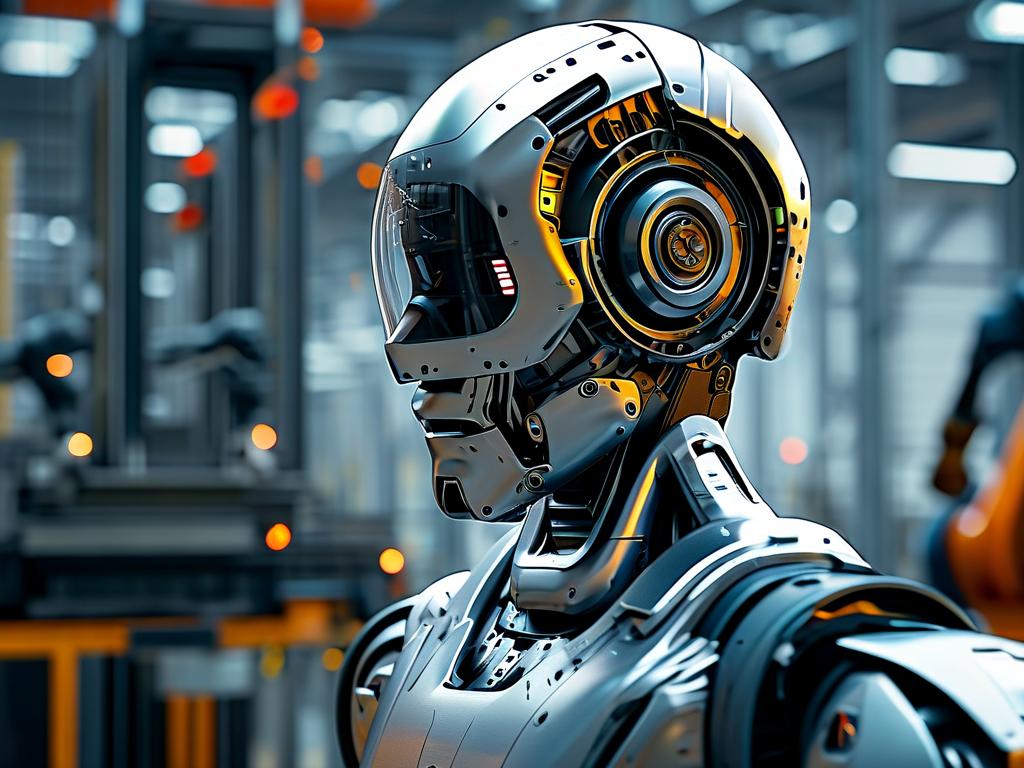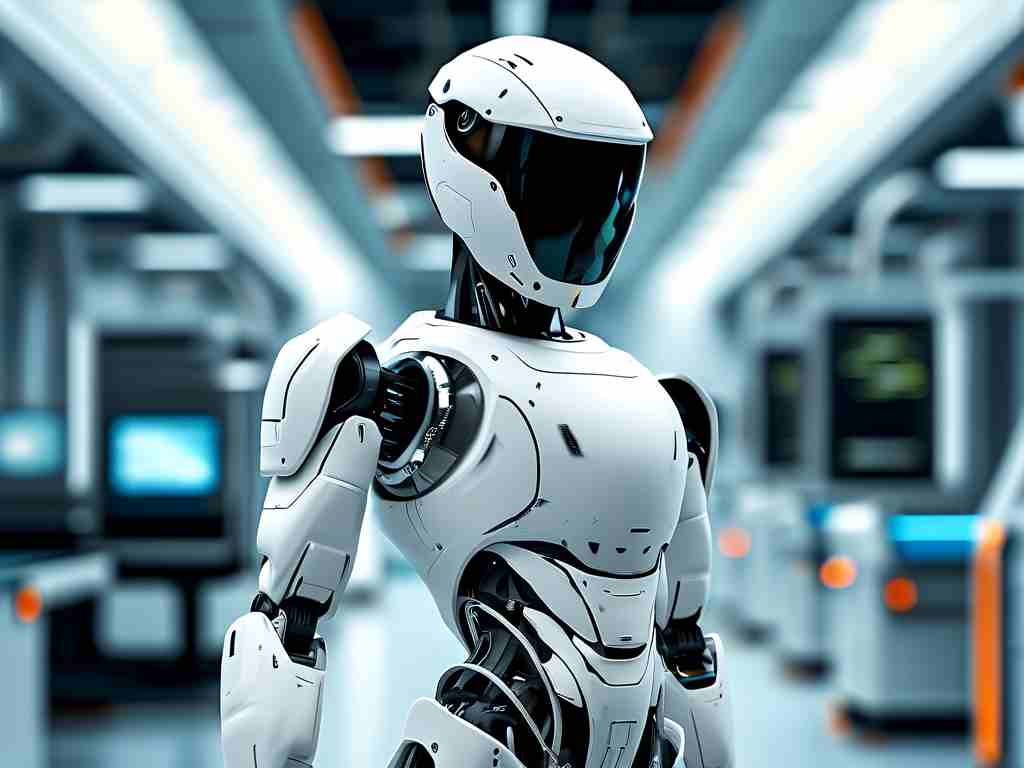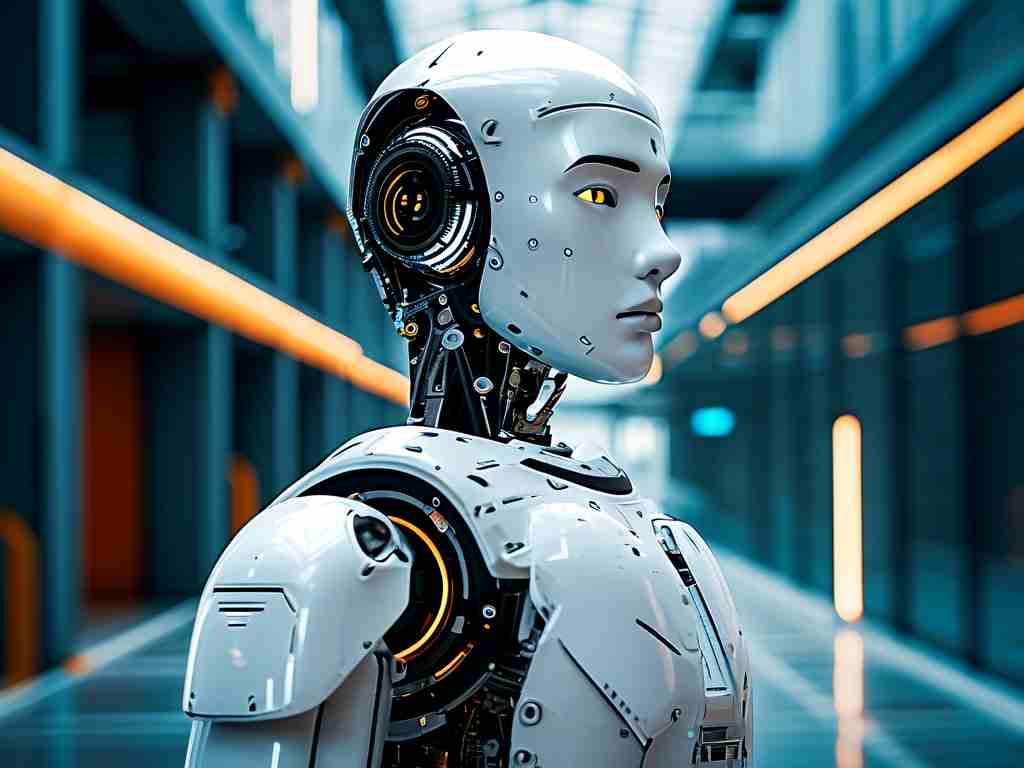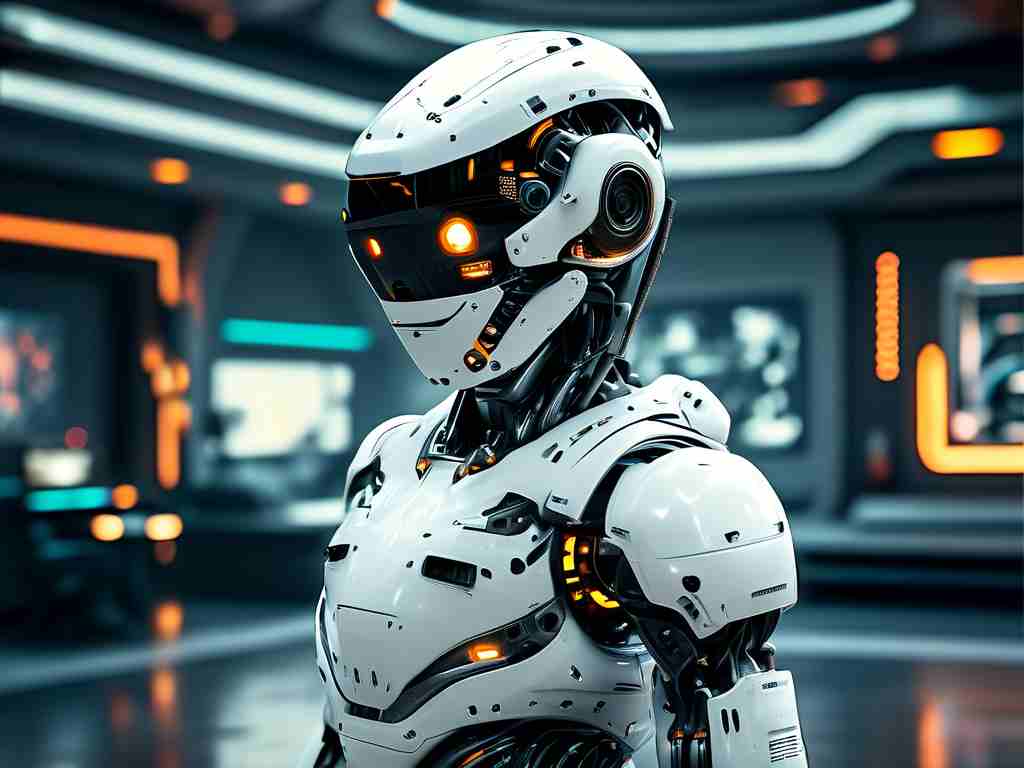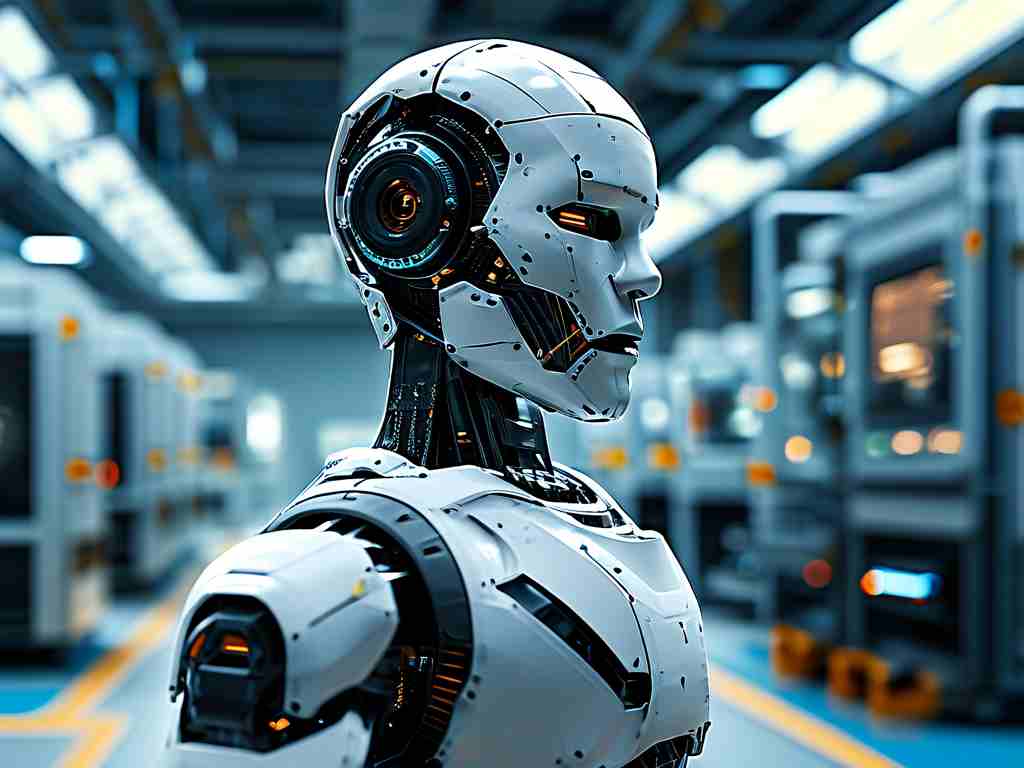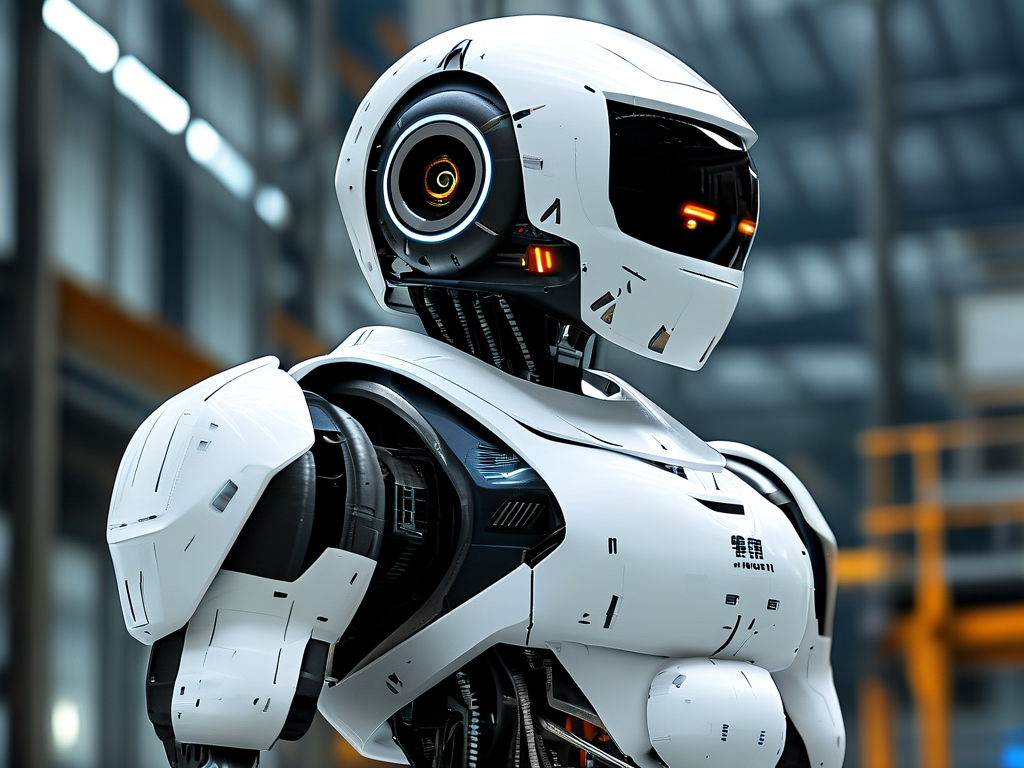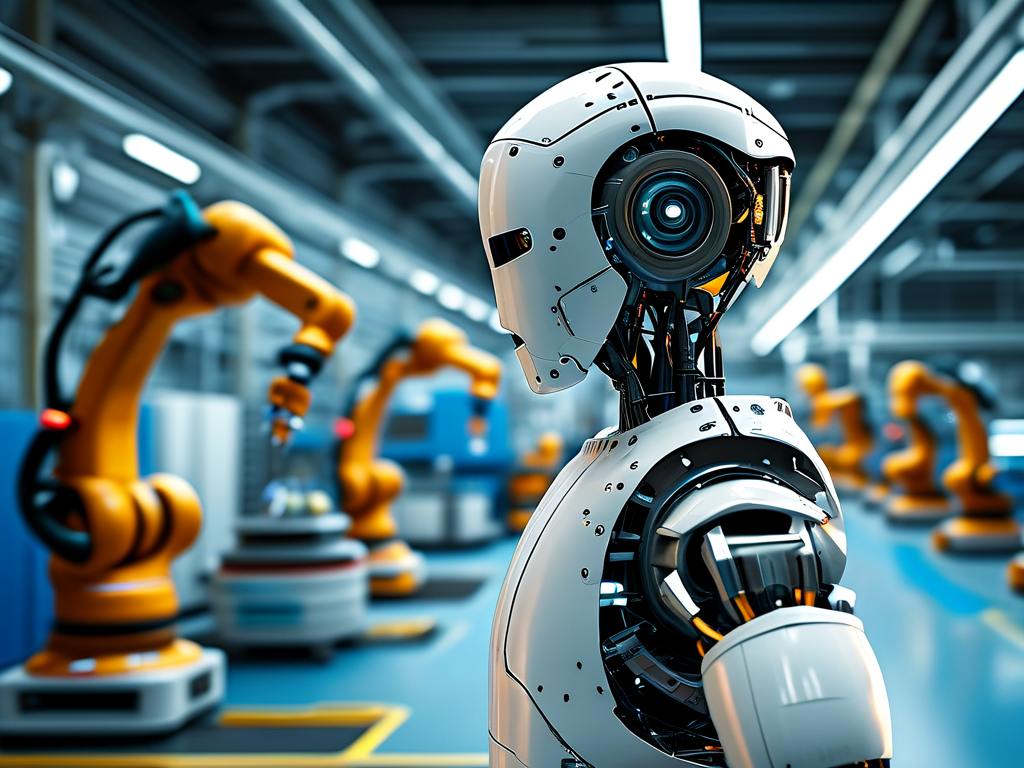The 21st century has witnessed unprecedented advancements in intelligent robotics, transforming industries and redefining human-machine collaboration. At the intersection of artificial intelligence (AI), machine learning, and advanced engineering, cutting-edge robotic systems are now capable of performing tasks once deemed impossible. This article explores the latest breakthroughs in intelligent robotics, their real-world applications, and the ethical considerations shaping this technological revolution.
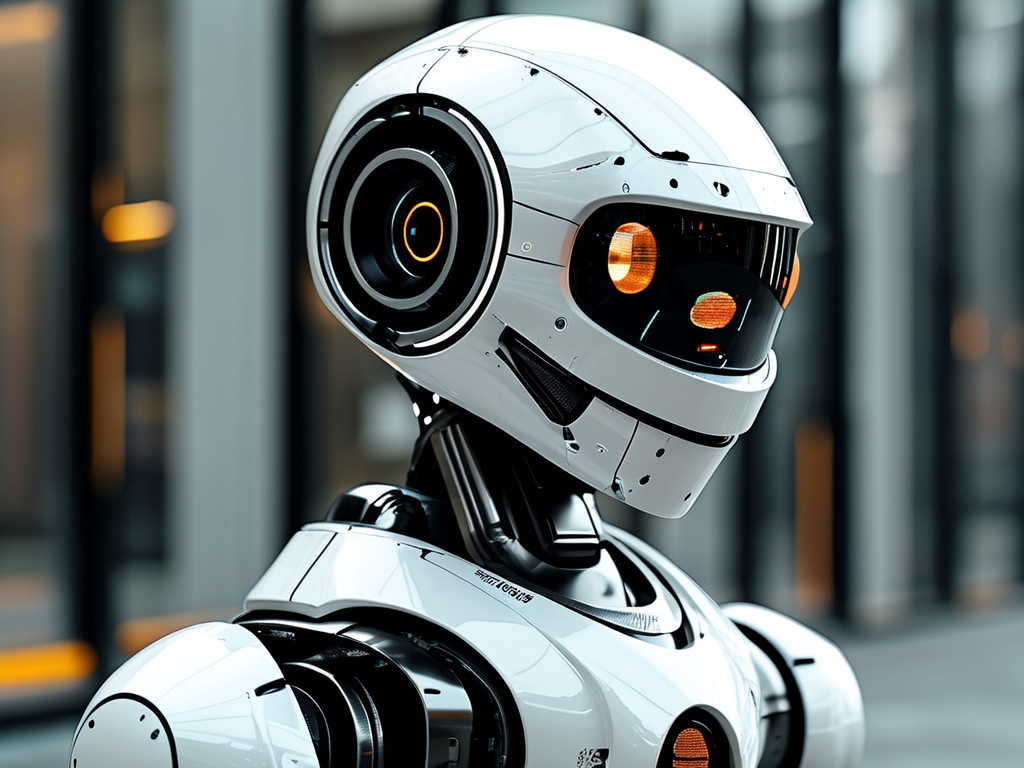
Core Technologies Driving Innovation
Modern intelligent robots rely on three foundational technologies:
-
AI-Powered Perception Systems
Next-generation robots employ multimodal sensor arrays and deep learning algorithms to interpret complex environments. For instance, Boston Dynamics' Atlas robot uses LiDAR and 3D vision to navigate uneven terrain, while surgical robots like the da Vinci System integrate haptic feedback and real-time imaging to assist surgeons. -
Adaptive Machine Learning
Reinforcement learning enables robots to optimize tasks through trial-and-error. OpenAI's Dactyl system demonstrated this by solving a Rubik's Cube using a robotic hand, showcasing how AI adapts to physical constraints. Federated learning now allows robot swarms to share knowledge without compromising data privacy. -
Neuromorphic Computing
Mimicking the human brain's neural architecture, chips like Intel's Loihi process sensory data with 1,000x greater energy efficiency than traditional CPUs. This breakthrough enables autonomous robots to operate for weeks without recharge.
Transformative Applications
-
Healthcare Revolution
Robotic exoskeletons like ReWalk restore mobility to paralysis patients, while nanobots developed at ETH Zurich can deliver drugs to specific cancer cells. During the COVID-19 pandemic, UVD Robots demonstrated autonomous disinfection capabilities across hospitals worldwide. -
Industrial 4.0 Implementation
ABB's YuMi collaborative robots work alongside humans on factory floors, reducing production errors by 85%. Amazon's fulfillment centers deploy over 200,000 mobile robots that leverage swarm intelligence to process orders 50% faster than human-only teams. -
Service Sector Disruption
SoftBank's Pepper and Hanson Robotics' Sophia exemplify social robots capable of recognizing 27 human emotions. In agriculture, TerraSentia robots autonomously monitor crop health across 1,000-acre farms, boosting yields by up to 30%.
Ethical and Societal Challenges
As robots gain autonomy, critical debates emerge:
- Job Displacement: The World Economic Forum predicts 85 million jobs may be automated by 2025, necessitating massive workforce retraining programs.
- AI Bias Mitigation: MIT researchers found facial recognition errors in robots are 35% higher for darker-skinned women, highlighting urgent needs for ethical AI frameworks.
- Security Risks: The 2023 Pentagon report warns about autonomous weapons systems, prompting 68 nations to draft the Global Robotics Governance Initiative.
Future Horizons
Emerging trends suggest three key directions:
- Biohybrid Systems: University of Tokyo's "living skin" for robots self-heals like human tissue, while EU-funded Project RoboFood explores edible robots for medical applications.
- Quantum Robotics: D-Wave's experiments show quantum annealing could solve robot path-planning problems 100 million times faster than classical computers.
- Emotional AI: Affectiva's emotion SDK enables robots to detect nuanced human feelings through micro-expressions, revolutionizing mental health support systems.
Intelligent robotics stands at an inflection point, with annual R&D investments exceeding $260 billion globally. While technical challenges like energy storage and AI explainability persist, cross-disciplinary collaboration between engineers, neuroscientists, and ethicists promises solutions. As UN Secretary-General António Guterres noted at the 2023 AI for Good Summit, "The robotics revolution must be guided by human wisdom, not just computational power." Through responsible innovation, intelligent robots could elevate human potential rather than replace it, creating a future where machines amplify our capabilities to solve civilization's greatest challenges.


